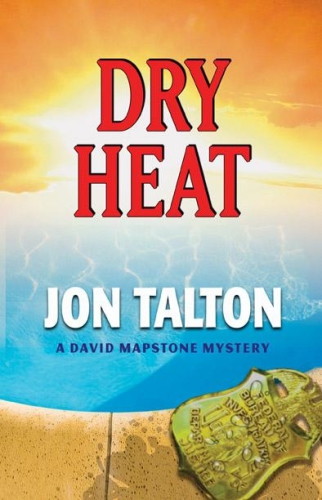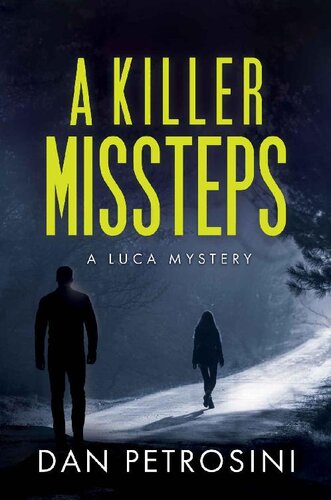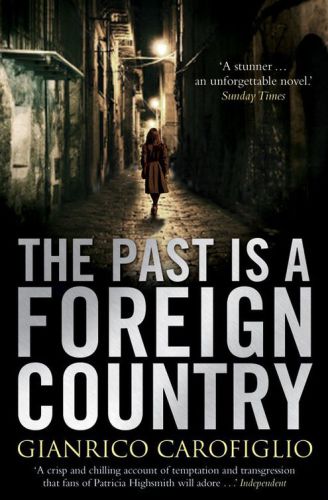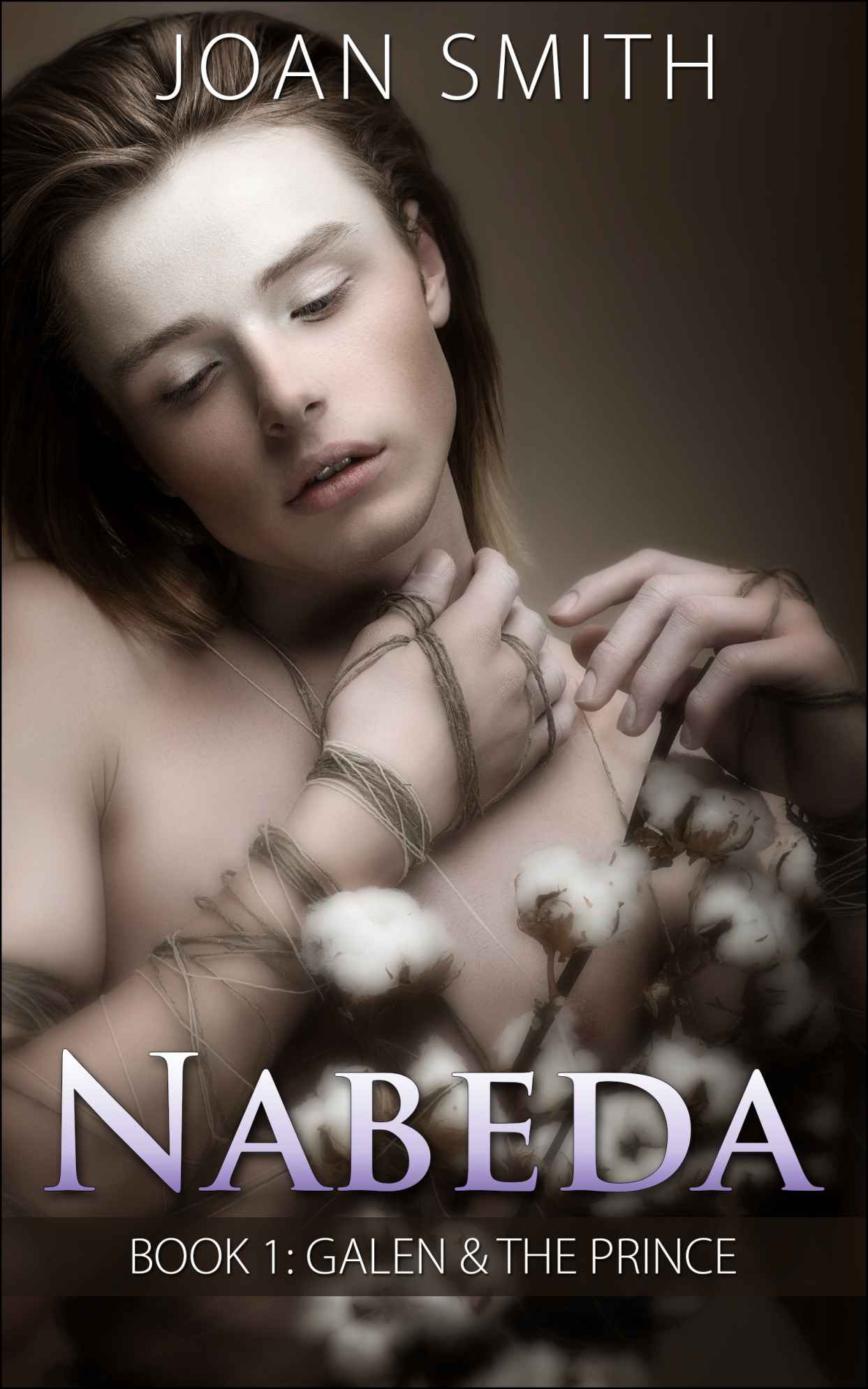oleebook.com
Harp and the Blade de John Myers Myers
de John Myers Myers - Género: English
Sinopsis
Paperback.
Descargar
Descargar Harp and the Blade ePub GratisLibros Recomendados - Relacionados
Reseñas Varias sobre este libro
John Myers Myers best known work is his cult classic fantasy novel Silverlock. Because of this, the reissues of his first novel, The Harp and the Blade have been marketed as fantasy as well. This is an incorrect labeling. It is straight up historical fiction adventure set in wild and lawless tenth century France. The protagonist is a wandering Irish bard, a younger son of an Irish chieftain with no inheritance, no roots, no alliances, and no loyalties except to poetry. While plying his trade in France, he runs afoul of a ruthless local strong man who styles himself a Duke, and later rescues and allies himself with a young lord who is said Duke's only real competition. Through a series of adventures that include Viking raids, fanatical warrior monks, incognito rescues from castles, and nefarious bandits, as well as a few pitched battles, our hero matures and learns the value of cause and comrades.
The Harp and the Blade is an impressive first novel. The writing is sharp, and the story fast paced and engrossing. Anyone familiar with Myer's more famous work, Silverlock will not be surprised to learn that the most charming elements of The Harp and the Blade are the catchy and creative songs that Myers created as original compositions for his bard hero to sing. It appears that Myer's talent emerged fully matured in this, the first of his many books. This book is a must read for any John Myers Myers fans, and will not disappoint anyone who enjoys good historical adventures.celts-etc historical-fiction reviewed ...more13 s4 comments Louis152 1 follower
Don't be fooled by the ridiculous looking cover art. The Harp And The Blade is a decent tale. It follows Finnian, a bard, who's just trying to mind his own business and make his way through France. On his way he encounters group after group who are vying for control of the land and he inadvertently gets sucked into the politics. Well written with interesting looking songs. Worth a read if you got the time.fantasy1 Jason344 5
The Harp and the Blade was originally published serially in 1941, but my edition of the book is the 1985 Ace edition of the 1982 release of the novelized collection of the serials chapters. Before 3 months ago, I had never heard of the novel or of John Myers Myers. An artist friend of mine whom Ive been coming to know through some online conversations listed it as one of his favorite books, and one that he occasionally reread. I thought there might be no better way to get to know a person than be reading one of their favorite books.
Im not big on reading pulp adventures, and this cover is about as pulpy as it gets. It looks a young David Spade and a jacked-up Judd Nelson modeled for the half-dressed figures on the cover. , I was not comfortable carrying the book with me to jobs because I didnt want to have to answer questions. But Im happy to report the literary content is much more rewarding than the cover art.
The story is told in the first person by the bard Finnian, who is wandering through a lawless part of France in an unspecified year. Finnian is clever and self-assured, wanting only to make his way through the land. Early in the novel, he trespasses on a druids sacred ground and gets cursed for his troubles. The druidic man bemoans Finnians selfishness and condemns him to helping everyone in need whom he encounters. From there, Finnian, through his cursed wanderings, introduces us to the four main forces struggling for power in the region. He makes friends and enemies, encounters a love-interest, and manages to talk or fight his way out of every corner he gets shoved into. By the end of the novel, the unsettled power dynamics have been sorted out with a sense of justice and rightness.
The idea of the curse is an interesting inciting incident, especially since it is unnecessary. Its never clear if sorcery is at work at all, since Finnian needs no curse to give aid to those in need. The effect is that Finnian is a more careless and morally ambivalent person than he acts, wishing that he could give in to his selfish side to make things easy for himself. It gives us the trope we are long used to seeing now, though I have no idea if it was a trope in 1940, of the tough guy who begrudgingly does right, whose cynicism we can enjoy and in whose triumphs we can rejoice. I expected the druid to return at the end of the novel to gloat over the efficacy of his curse, but he never makes a second appearance.
Finnian seems the kind of guy Id be perfectly happy staying far away from, but he does make for an interesting hero, in that he is as good at bargaining with people as fighting, as quick with his wit as with his sword. I enjoyed the novel well enough, but I was especially impressed by the big rescue chapter, in which he has to help a captured friend escape from an enemy hold. Nothing feels off by being too clever, but every turn is impressive and well done.
There is a great sense of pacing throughout the novel, from the level of each chapter to the overarching story with adventure and meditation or friendship balancing back and forth. And the language, which I expected to feel dated as 80-year-old stories tend to do, felt surprisingly modern. I can only imagine it was on the cutting edge of hipness when it was released.
Its a playful and dramatic romp of a read. I think the book could stand up to an analysis about the time and place of its creation. We have a war-torn country with unstable power centers and a character who would desperately to stay neutral and out of the fighting but joins forces with reasonable power over power-hungry ambition that cares not for its subjects. It takes all the race and cultural issues out to have the argument exist between a bunch of white dudes, but the structure seems relevant. Beyond these matters of plotting and action, there was not a lot in the language itself to prompt me toward analysis or introspection. Taking you inward is not what Myers is about in this book.1 Angela51
This book was written by a man who owned a thesaurus. So many lesser-used words, thrown in for color whether or not they actually fit. There were sentences that I read two or three times and still couldn't parse, despite knowing what each word meant individually. Here's an example where his intended meaning was clear, but the literal meaning doesn't match: discussing the orders of the day, "an embargo on [A], a ukase against [B], and an admonition to [C]". I admit, "ukase" was a new word for me, so I looked it up. My dictionary said it was "an edict of the Russian government", or, as a special usage, "an arbitrary command". Well, the order was being given by a citizen of medieval-ish France, so the main meaning doesn't fit. And it wasn't arbitrary at all, but very sensible and necessary, given the circumstances.
Also, given the way the (very few) female characters were written, I would wager that this author had had very limited interactions with actual human women.
The main plot line had some moderately interesting turns and reconnections. The ending was promising to be very trite, until the expected happily-ever-after fell out from under the main character at the last minute. So I was briefly hopeful that we might see him grow and mature a bit as he faced his new future--but no, instead he made what seems to me a rather foolish life choice. Which I suppose was more in keeping with how flat of a character he had been all along anyway. All in all, this book seemed to be about figurines marking the place of human beings in a series of events, rather than about actual people I could get to know through the pages.1 Kerry1,523 66
These books that start out with a good character who then goes on to establish interesting personal relationships with other interesting characters always peter out when the writer feels the need to culminate the story with battle/war. What originally makes the book charming is lost, and suddenly the writer is trying to appeal to an audience that differs from the one who started out liking the book. Finnian, a bard, is interesting until he goes to war because he ceases to be unique--thereafter he's just one of the guys who hack and slash and drink together, sidelining any worthwhile female characters and losing the very individuality that makes him worth following in the first place. Snore.1 Nicholas Whyte4,914 192
https://fromtheheartofeurope.eu/the-harp-and-the-blade-by-john-myers-myers/
The author is a fascinating figure in his own right; the book is a rollicking Dark Ages story of a bard who turns warrior and defender of the vulnerable, which would qualify as straight historical fiction, were it not for the first chapter in which the Little Folk put the protagonist under a geas which compels him to be helpful. As usual, the names are completely wrong, but the story is a decent fist at imagining historical France in the 6th or 7th century, and, as mentioned already, it is rollicking good fun. Edward Durand99
I have read this many times. I still love it! Such an awesome story. Ransom StephensAuthor 8 books71
I love this book. Absolute top-five book. The house is on fire, The harp and the blade is out of print. To hell with the baby pictures, I'm going to need to read this book while rebuilding the house.
It's the ultimate take on vacation book. Just a really cool ride, or as John Myers Myers puts it: "[A minstrel], if he is fond of eating, cannot waste time trying to improve the taste of his hearers. He must give them something they're in the mood for at the moment, and only the simple old things bawdiness washed down with a sip of moral justice are sure fire."
Have plenty of wine and ale handy, you'll need it to keep up. Sebastien CastellAuthor 49 books4,616
I'd read The Harp & The Blade as a teenager (after having read Bard by Keith Taylor and being on a bit of a binge for reading anything with a bard in it.) I found it recently and re-read it for nostalgic reasons. I enjoyed the way John Myers Myers confounds some of our expectations about the idea of a bard (or a hero, for that matter) by giving Finnian a less-than-optimistic perspective on the world much of the time and never quite giving him what he wants. The prose still holds up after all these years, but I did find myself craving a bit more development in Finnian's character.fantasy Dave9
historical fiction that reads a fantasy adventure novel...written WWII era after Robert E. Howard's Conan and J.R.R. Tolkien's Lord of the Rings...about an Irish bard who meets a German? warrior named Conan much Conan the Barbarian...not sure if the basis is an actual historical character or not...takes place in same time period as Conan the Barbarian but there's no sorcery, just sword and song...nice story...was one of my favorites when i was younger... Paul Marchesano12 12
A fun romp
The story is not very deep but a fun romp through medieval France. A bit of "what if..." scenario. It's easy to and yet be disappointed in the protagonist, Finnian, and makes one wish the author allowed a better development for him. Jon4
Not a story I would have picked up on my own, but read as a recommendation from a co-worker. A very enjoyable read. Tim Banzhof5
Autor del comentario:
=================================

![descargar libro Louise and the Class Pet [ed.: ? Read-Along ebook. ?]](imglibro/kelly-light-louise-and-the-class-pet-ed-read-along-ebook-.jpg)









